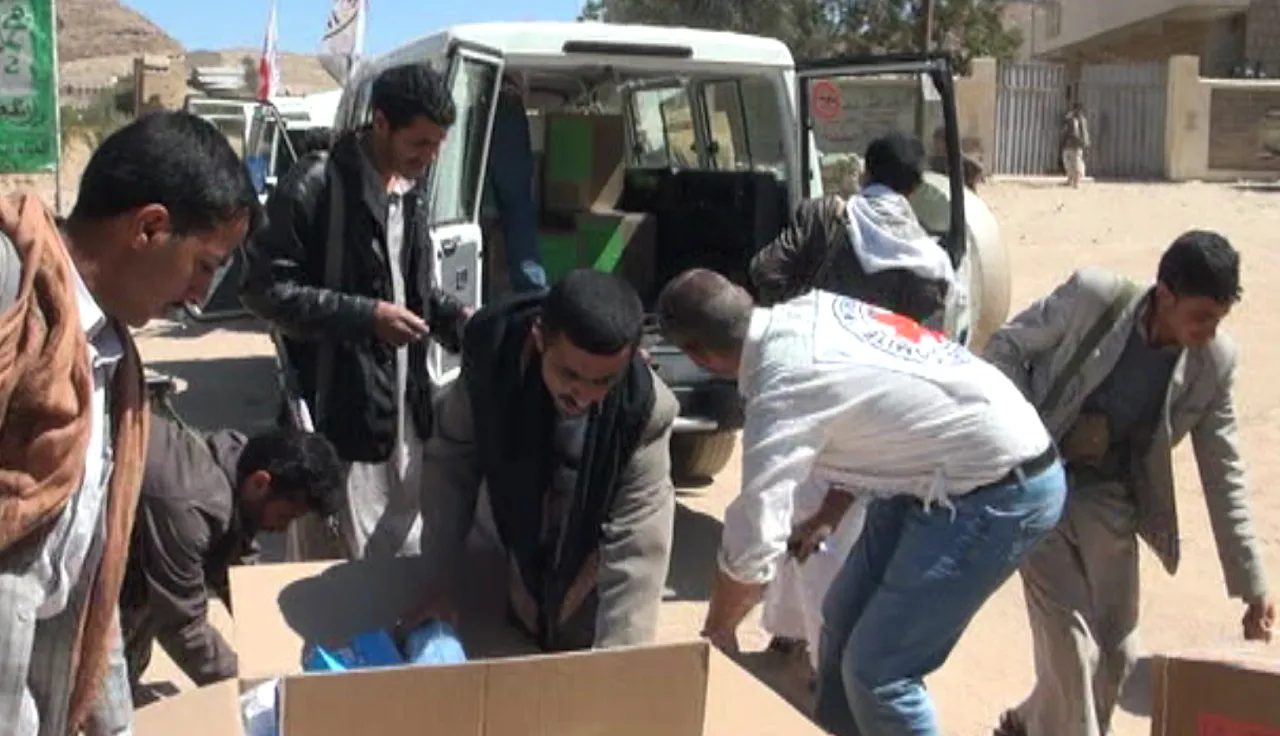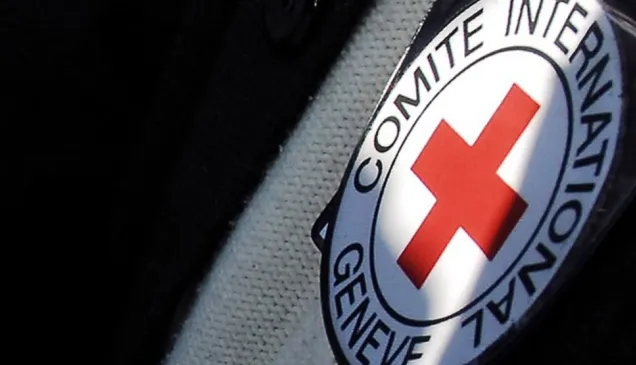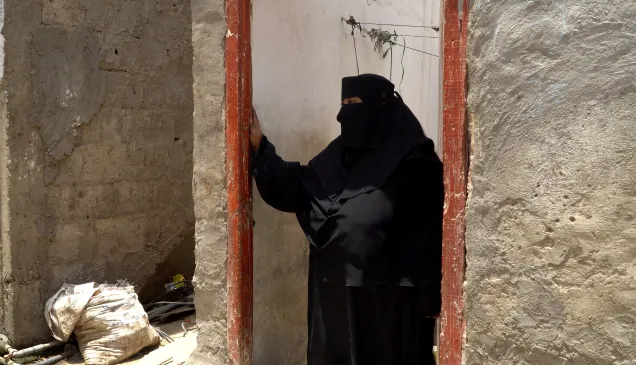The recent intensification of fighting in Yemen, with airstrikes day and night, brought increased suffering to the people of Yemen and required the ICRC to deliver emergency medical and food aid, explains Cédric Schweizer who has recently finished a two-year stint as head of the ICRC's delegation in Yemen.
At the same time, power and pumping stations are short of fuel. If power fails, not only can hospitals not treat the wounded, but the water pumps will stop, bringing further sickness and death to the civilian population.
As well as delivering aid, the ICRC has been talking to those involved in the fighting about the conduct of hostilities.
One of the topics in these discussions has been the deaths of civilians due to attacks on military targets close to them; one attack on a munitions depot in Sana'a killed 90 civilians. We have been emphasizing the need to consider alternatives to explosive weapons with wide-area effects when attacking military targets in populated areas. In the case of the Sana'a munitions depot, harm to the civilian population came not just from the munitions that exploded but also from those that did not, and lay in the street where children could play with them.
The ICRC expects to play a significant role for many months, if not years.




